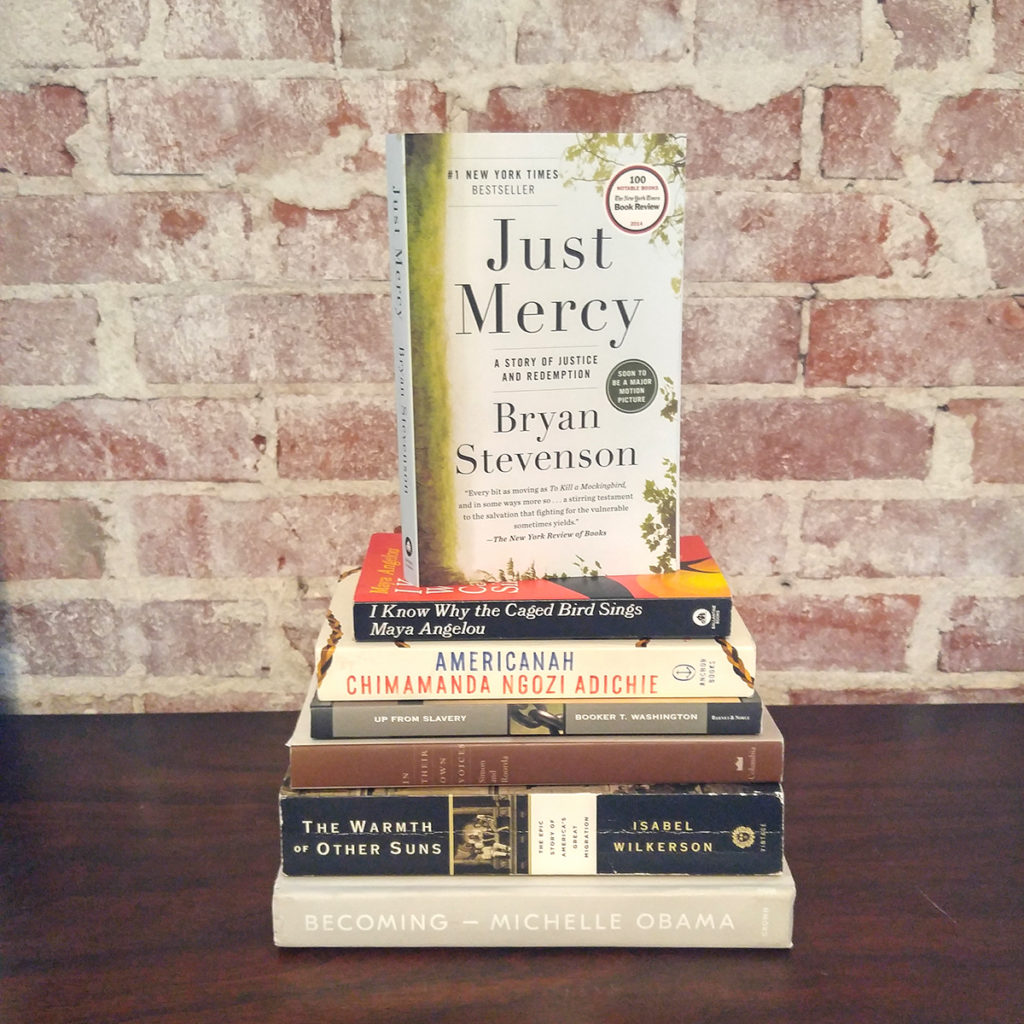“Injustice anywhere is a threat to justice everywhere.” – Martin Luther King Jr.
It was our first date. Chris and I drove around Nashville trying to figure out what we were going to do. We began by eating dinner at Subway and then made our way to a bowling alley, night court and eventually ended up at Waffle House. It was here that I asked Chris what he thought of the death penalty.
You know. Just a typical first date conversation.
Our first date is the first time I can recall having a discussion about the death penalty. And honestly, I didn’t know much about the death penalty at the time. I definitely had no idea about the systemic problems in our judicial system. There was no way I had any inclination about the racial injustice in our criminal justice system. And I had no idea if human beings had the right to determine if someone’s life was worth ending. (The jury is still out on that last one.)
But over the years, particularly since Mike Brown’s death in 2014, I’ve begun to learn. I’m more conscious and aware than I was 4.5 years ago. I’ve read more on our judicial system. I’ve learned more about our racial injustices, racial profiling, and how we all have racial biases. Yes, even this white mama of three black girls has racial biases.
So as I began reading Just Mercy by Bryan Stevenson last week, I was surprised when tears started streaming down my face. It wasn’t because of a particular story I had read in the book. In fact, I began to cry while reading a statistic in the introduction. And, surprisingly, it was a stat I’ve heard before:
“One out of every three black boys born today in the USA can expect to go to prison in his lifetime.”
Y’all. If this doesn’t bring tears to your eyes, if this doesn’t light a fire in you, if this doesn’t make you feel hopeless and empathetic and compassionate all at once, I’m not sure I understand.
Just Mercy is the first read in an online book club I recently joined for transracial adoptive families. The book is about race and justice – or the lack thereof – in America’s criminal justice system for people who are poor and persons of color.
In the book, Bryan Stevenson recounts beginning the Equal Justice Initiative, shares stories of people on death row, and reflects on mass incarceration. It’s difficult to read the stories of real people in this book. It’s heart wrenching to know that many of them are innocent but that their lack of funds equated to poor legal representation. And it’s difficult to be reminded for the umpteenth time that skin color matters in our country.
“The opposite of poverty is not wealth…the opposite of poverty is justice.” – Bryan Stevenson, Just Mercy
A few years ago, Chris and I visited the Missouri State Penitentiary in Jefferson City. We celebrated his birthday by going on a ghost tour of the prison. We’ve always been obsessed with ghost stories and the supernatural, so why not go on a ghost tour of the penitentiary?
It was fine. The majority of the time, I even enjoyed myself. We heard a noise and saw a wisp of a shadow that couldn’t be explained. But the tour ended with a trip to the execution chamber.
What? We’re going to see where people were sent to die?
I wasn’t sure. I wasn’t sure that I was ok with this. And honestly, I’m embarrassed to say that I went anyway. It was part of the tour, so how bad could it be?
Bad. Awful. Heart wrenching.
As soon as we entered the chamber, I noticed a wall that showed faces of all the men who had been executed there. The vast majority? BLACK MEN.
I couldn’t stop staring. I couldn’t stop thinking. My mind immediately went to their families. I couldn’t stop thinking about the life they had led, the families they left behind, their children who no longer had a father. And then I began asking myself why most of them were black. Why were they chosen to die? What crimes had they committed? And did they commit any crime besides being black?
“True peace is not merely the absence of tension; it is the presence of justice.” – Martin Luther King Jr.
I wasn’t planning on finishing Just Mercy in a week. But it was such an important read that I made the time to read it. And as I read the book, I couldn’t help but think of my girls. I couldn’t help but think of their friends and my friends who are persons of color. I couldn’t help but think of how awful we have treated and continue to treat black people in this country.
Even though Just Mercy is a hard read, it’s an important one. Educating ourselves and one another on the full history of slavery, lynching, segregation and mass incarceration in America is extremely difficult. But if we want to move forward as a country, we have to educate ourselves. We need to know the full history of America. And we have to do the hard work of racial justice and racial reconciliation.
Want to do the hard work of racial reconciliation but unsure of where to start? Educating yourself on America’s history of slavery, lynching, segregation and mass incarceration is a great start. EJI has a great list of resources on their site, as well as other action steps.
Recent reads

If you’re looking for book suggestions, other than Just Mercy, here are just a few books I’ve read recently about race in America:
- The New Jim Crow by Michelle Alexander
- Waking Up White by Debby Irving
- The Warmth of Other Sons by Isabel Wilkerson
- The Souls of Black Folk by W.E.B. Du Bois
- I Know Why the Caged Bird Sings by Maya Angelou (Side note: I had the honor of hearing Maya Angelou read some of her poetry in person when I was a college student. It is one of the greatest and most memorable experiences of my life. I recommend any and all of her works to you, as well as watching any of her interviews.)


Awesome post! Keep up the great work! 🙂
Thank you!